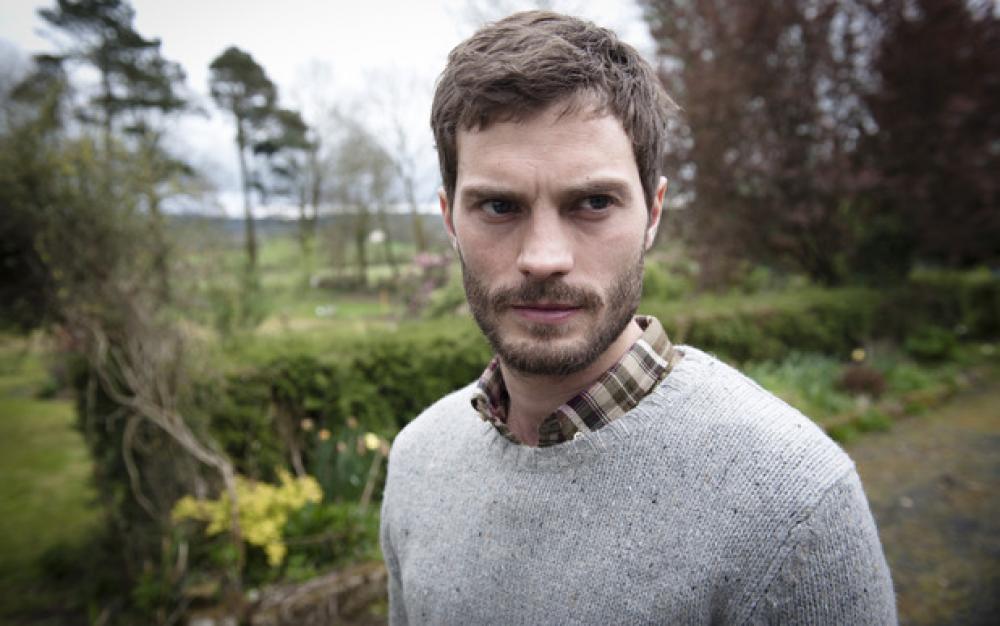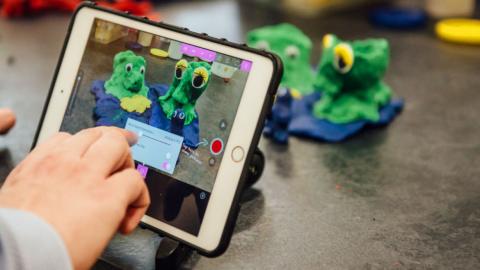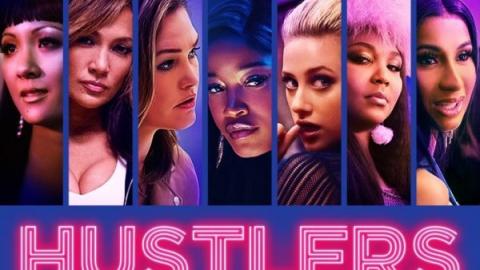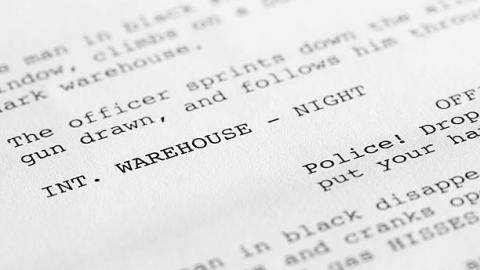Netflix Picks to Binge-Watch Next: Netflix Original "The Fall" Review
Share with friends

Gillian Anderson and Jamie Dornan face off in a gender-conscious take on the serial killer thriller
By Shaina Ghuraya
Is it a murder mystery? Well, no, considering that we find out who the murderer is in the first episode. Is it a detective drama? In the traditional sense, where our focus is mainly on the activities of the detectives, no.
The Fall cannot be put into a box, and, in a sense, the idea of defying conventional norms is its central theme. Jamie Dornan (50 Shades of Grey) plays Paul Spector, a father to two children, a husband, a bereavement counselor . . . oh, and a sadistic sexual serial killer. If you're amazed that previously unknown Dornan would suddenly rise to prominence with two roles playing a sexual sadist, you're not alone. For whatever reason, the casting powers that be see an carnal animal lurking underneath his slight frame and gentle delivery.
Detective Superintendent Stella Gibson (Gillian Anderson) is brought in the lead the investigation, an outsider from England thrown onto the rough streets of Belfast. Stella is an Ice Queen, but not the typical married-to-her-work archetype that often amounts to a "strong female character." Instead she is cool, calculative, and completely in control . . . not unlike our serial killer.
What ensues between the two is not a game of cat and mouse, but a game of chess. The show is not as fast-paced as American crime dramas, indeed at times the glacial speed can be frustrating, but creates a somber yet reflective tone. We get the feeling that we're seeing a police investigation from the ground up. When the police waste their time on a misidentified body, we waste our time with them. The excitement comes from The Fall's willingness to expose. It's not afraid to show the intimacy of sex, or the intimacy of murder.
The Fall's displays of violence against women have become controversial. Paul Spector only murders professional women of a certain look: tall, wiry brunettes. As he is committing his acts of violence, we are transported into his world, his way of seeing the situation, and it’s disturbing. The women that he murders are people, and the writers do a great job of making sure that they aren’t just two dimensional characters introduced for the sole purpose of being Spector’s victims. But Spector himself is also humanized. He sees himself as the last honest man, and at times he is quite convincing.
Is it justified? We say yes. The Fall doesn’t contain violence against women for the sake of containing violence against women. It uses the subject to allude to important issues regarding gender roles and societal norms. There’s a reason why Spector goes after “professional” women - he’s insecure about his own place in life. And it's not only Spector that has issues with women of a higher rank than him. Stella’s boss, Assistant Chief Constable Burns (John Lynch), also struggles with respecting and even understanding that women, in particular Stella, do not have to fit into a certain kind of female stereotype. One of the most powerful scenes occurs when Stella singles out a police officer and proceeds to have her police escorts pull over so she can talk to him. At first we think there must be some professional reason - then she gives him her room number.
Gillian Anderson is the reason why this show is so gripping. Her cold, confident appearance draws us in, and makes us curious to see what emotions lie underneath. She is sexy in a powerful way, the way of successful businessmen. Her counterpart, Jamie Dornan, is good, though not as engaging as Anderson. This could be an issue with the writing of his character, but nevertheless he brings nothing unique to the show like Anderson does.
Although The Fall does not have the most original storyline, what it does offer is a fresh take on the subject of gender roles. We’re used to the man taking the initiative, and this type of thinking is what contributes to the prevalent attacks on women. It takes our preconceptions, that some of us didn’t even know we had, and turns them on their heads, leaving us to question if we really are close to obtaining equality for both genders. Plus, it's thrilling as hell.




